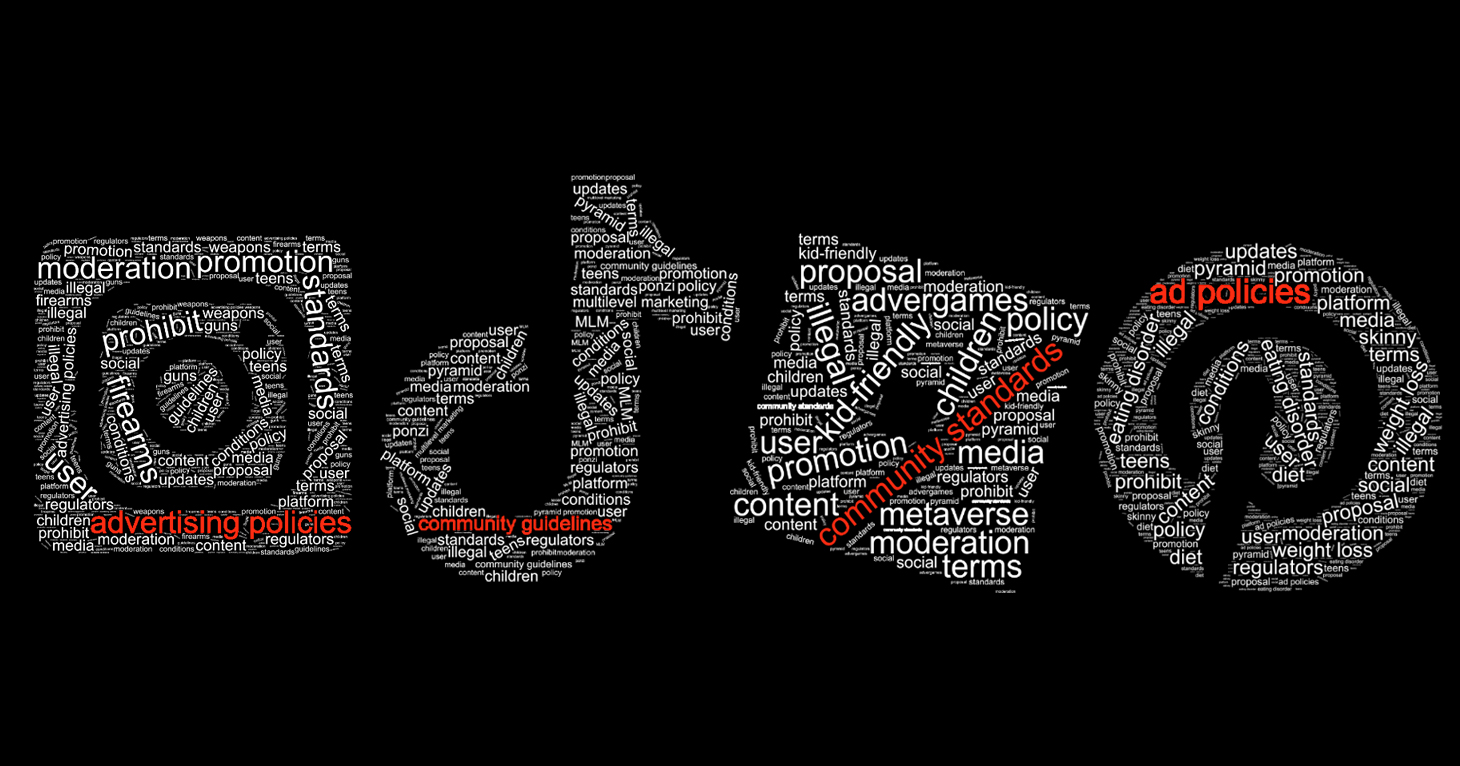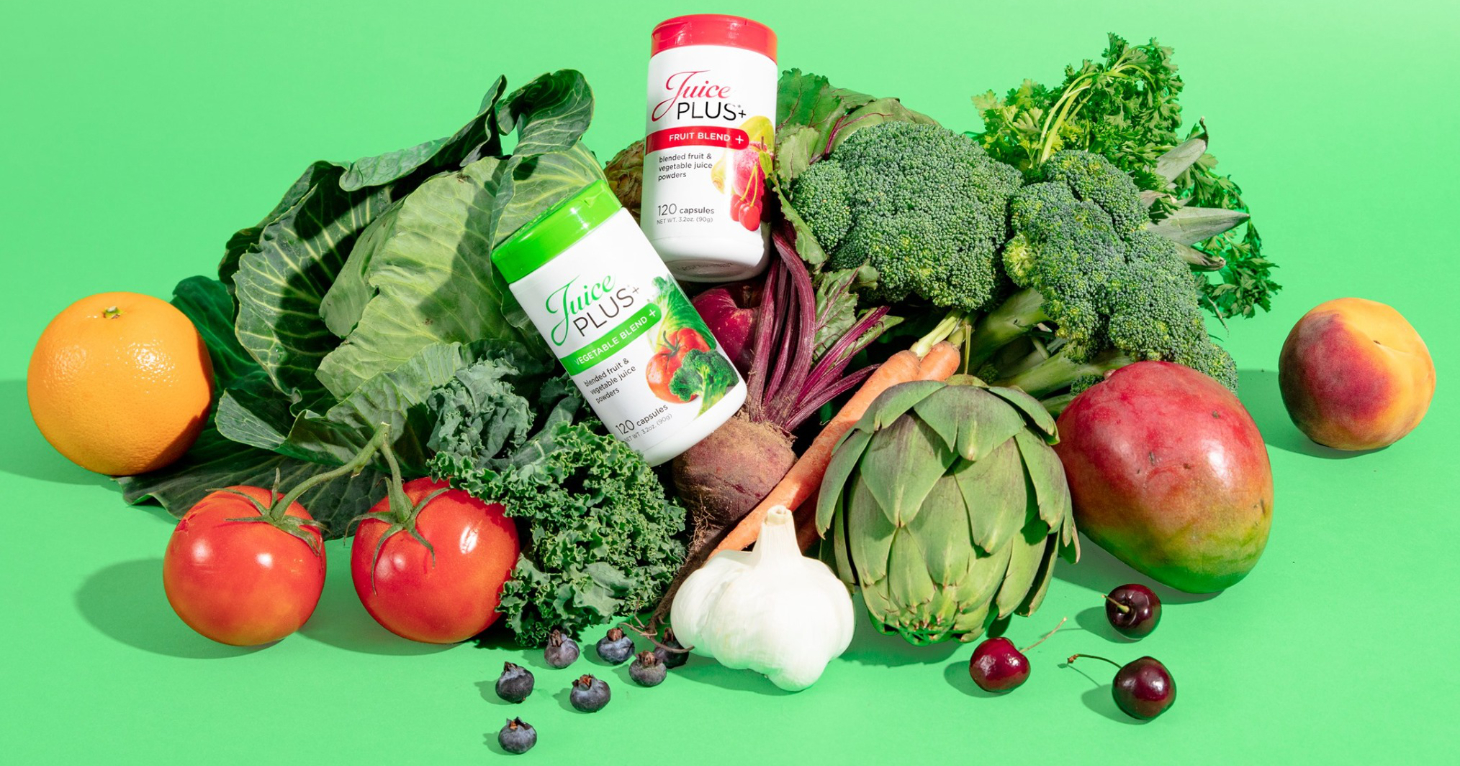
Touted but Toothless: The Problem with Some Tech Platforms’ Policies
Prohibited content slips through the cracks.
Fruit and vegetable supplement MLM continues to violate the law.
|
UPDATE 5/26/23: Acting on a TINA.org complaint, the Direct Selling Self-Regulatory Council conducted an investigation and found that Juice Plus and its distributors were making inappropriate health and income claims. While the decision notes that the company had removed many of the claims identified by TINA.org in its complaint to the DSSRC, more than a third of the claims at issue remain in circulation. TINA.org will continue to monitor the company’s progress toward removing the remaining problematic claims. Our original article follows.
In May, after being tipped off by a consumer, TINA.org alerted Tennessee-based supplement MLM Juice Plus to a high-level distributor using deceptive and illegal health claims to promote the company’s products on social media. In response, Juice Plus assured TINA.org that it had gone through the distributor’s Instagram, Facebook and Twitter accounts and any inappropriate content related to the promotion of its products had been removed.
But Juice Plus mustn’t have looked that hard because it missed some easy ones. Among the posts containing unsubstantiated disease-treatment claims that remained in publication after TINA.org’s inquiry and Juice Plus’ alleged compliance review was an Instagram story prominently labeled “PRODUCTS” that was pinned to the top of the distributor’s Instagram page. In the post, the distributor, Ashley Hudson, claimed that:
Every single produce in Juice Plus is anti-inflammatory. Inflammation is the gateway to every sickness and disease … If we knew that we can eat our way out of sickness and disease, we would do it. So this is me telling you we can do it.
To be clear, it is illegal to market a dietary supplement for the treatment, prevention or cure of disease. Marketers of dietary supplements also cannot claim that their products mitigate the symptoms of disease or reduce the risk of developing disease without running afoul of the law. All of the above are what the FDA considers drug claims, which can run the gamut from claims to treat Alzheimer’s disease and depression to claims that a product can reduce inflammation. Only FDA-approved drugs can make drug claims.
After it became evident that Juice Plus wasn’t serious about complying with the law, TINA.org expanded its investigation beyond a single distributor’s social media accounts. TINA.org compiled a sampling of more than 100 unsubstantiated disease-treatment claims promoting the company’s products for everything from acid reflux and acne, to muscular dystrophy, autoimmune issues and COVID-19, among other health conditions. The claims appeared across multiple platforms including social media, blogs and podcasts. Several of the posts targeted parents worried about their school-aged children getting sick and marketed Juice Plus products as an alternative to FDA-approved prescription drugs. A Juice Plus company Instagram post published in August checked both of these boxes (click on the right arrow below to read the full caption and see more examples from TINA.org’s sampling).
TINA.org also dug up more illegal health claims by Hudson, whose “PRODUCTS” Instagram story remains pinned to the top of her page. For example, in a video that Hudson describes on her website as “my story,” Hudson is recognized at a company event for achieving the rank of national marketing director. In her speech on stage, she claimed that Juice Plus products not only cured her seasonal allergies but her infertility and now she has two “Juice Plus babies.” The video was uploaded to a YouTube channel called Juice Plus Business in 2018. Hudson reposted the video on her Instagram account in July.
Often-cited studies are fatally flawed
Setting aside the fact that none of Juice Plus’ products have been approved by the FDA to treat any health condition, the company does not possess competent and reliable scientific evidence for any of the disease-treatment claims it or its distributors are making. While Juice Plus distributors making unsubstantiated health claims often point to the “research” behind the company’s products as proof that what they’re saying is true and Juice Plus boasts that its products are “supported by more than 40 peer-reviewed scientific publications,” a TINA.org review of the studies found on the Juice Plus website revealed that none of them can be used to properly substantiate any of the disease-treatment claims made about the company’s products.
Issues with the studies found on the Juice Plus website include: small sample sizes that aren’t recommended for obtaining meaningful results with acceptable margins of error; no placebo group; no disease-treatment findings; a lack of diversity among test subjects (for example, all obese women, all smokers, all prepubescent boys) that limits what can be extrapolated to a general population; one or more primary researchers conducting the study works for Juice Plus or Natural Alternatives International, the company that manufactures Juice Plus capsules and powders, or the study was financially supported by Juice Plus or a related entity; the publication is a post hoc analysis rather than a study; and the publication is a review of other studies instead of a study.
Previous investigations by TINA.org
TINA.org and Juice Plus have more than a recent history. In 2016, TINA.org discovered Juice Plus using unsubstantiated disease-treatment claims to market products and alerted the company to its findings. In 2017, a TINA.org investigation found the MLM making false and unsubstantiated income claims to promote the business opportunity and again shared its findings with the company. (In her speech, Hudson tells the rapt crowd that her Juice Plus business enabled her to pay off over $50,000 of debt in less than a year and have enough money left over to buy a new house. According to a 2020 Juice Plus U.S. earnings summary, only 0.4% of Juice Plus distributors rise to the rank of national marketing director, while 63% of Juice Plus distributors earn less than $500 a year, not accounting for expenses. While not the focus of its latest investigation, TINA.org found Juice Plus continuing to make atypical and deceptive earnings claims about its business opportunity, despite having received a Notice of Penalty Offenses concerning income claims from the FTC in October 2021.)
Both 2016 and 2017 TINA.org inquiries were part of larger investigations that found widespread deception in the MLM industry, specifically, among members of the Direct Selling Association (DSA), the industry trade group whose often-touted code of ethics prohibits members from making misleading claims. Not only does Juice Plus remain a DSA member but in 2021, the DSA, as it had done in previous years, recognized Juice Plus as one of its 25 largest members based on net sales.
Regulatory inquiries and fines
And TINA.org isn’t the only one to call out the MLM’s deceptive marketing. In 2019, the Italian Competition Authority fined Juice Plus 1 million euros ($1.04 million U.S. dollars) after an investigation revealed Italian distributors marketed Juice Plus products in hundreds of private Facebook groups without disclosing their business relationship with the MLM. Some of these undisclosed endorsements contained unsubstantiated medical claims, the Italian competition regulator found. Then in 2020, the Australian government fined Juice Plus $37,800 after finding the company used unapproved therapeutic claims to promote products in the country.
Then came the pandemic and Juice Plus, like many of its peers in the direct selling business, pivoted to making deceptive health and earnings claims related to COVID-19, for which it received a warning letter from the FTC in June 2020. Apparently Juice Plus did not heed the words of DSA President Joe Mariano, who had urged members in March 2020 not to spread misinformation about products or the business opportunity in order to not be seen as “taking advantage of a crisis situation.”
The bottom line
If Juice Plus truly “takes compliance seriously,” as the company in its initial response to TINA.org’s latest letter said it does, it wouldn’t need to be repeatedly reminded of its responsibility to comply with the law. The deceptive health and income claims simply wouldn’t exist.
Find more of our coverage on Juice Plus here.
Prohibited content slips through the cracks.
Supplement MLM takes down dozens of deceptive claims following TINA.org investigation.
Comparing the amount companies agree to pay to settle deceptive marketing charges with their annual revenue.


